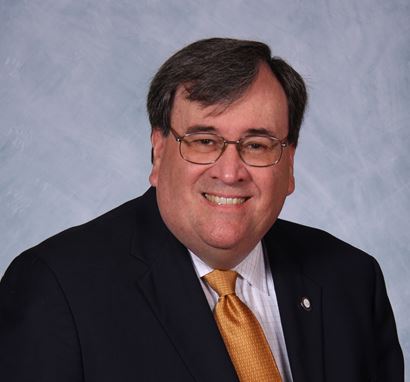A recent airline announcement at the boarding gate caught my attention. Passengers are no longer permitted to carry previously purchased alcohol on board to consume. Of course, the airline is still pleased to sell you some in your seat. A pilot seated next to me said that “too many passenger fights showing up on the Internet” was the driving force behind this new federal regulation. In that case, it might have been easier to ban cellphone videos rather than alcohol!
People who want to get drunk on an airplane will find a way to do so. They might have several drinks at that bar just a few steps from the gate. They might mix alcohol with that Coke or Sprite they just bought in the post-security gift shop. So long as they don’t appear too intoxicated when boarding, they can manage around the regulation. Therefore it’s the law-abiding good person, as so often happens with regs and legislation, who is the real disadvantaged patron of the rule, intentional or not.
Before we cry about this unfairness, let’s first look in our Vincentian mirror. Chances are, we have our own rules for serving people in need that were created because of one or two bad experiences. Remember that guy who came to us every month for rent assistance? That’s why we limit our help to (number) of times annually. Remember that family who asked for rent, then utilities, then food, then anything else not bolted down? That’s why we now have a financial limit on how much we can spend per family. The exception has sometimes driven our policy for everyone. In some Conferences, the people who needed the most help ultimately restricted the help we can give anyone.
In the interest of “fairness,” have we made life harder for some whom we seek to serve? In a quest to standardize operations and financial decisions for our volunteers, have we bypassed or totally cut out conversations about support around the Conference table? Have we forsaken the opportunity for personalized service, and even sound judgement calls? Do our policies not only demonstrate that we don’t trust those we serve, but also that we don’t trust our own members?
Any two Vincentians might disagree on how much or how often to help someone in need. The personal encounters we have in our Home Visits provide us with more information, and context, than can be provided in an application form or initial phone call. I hear all the time how someone came to a Conference for help, and we gave them more than what they requested, because they didn’t know the scope of our resources. Or perhaps they were embarrassed to ask, but our visiting team saw the need and asked if the Society could please help.
Please take time at an upcoming Conference or Council visit to review your giving and other policies. Perhaps dollar limits were set when your group had a different level of available resources. An annual assessment based on the past year’s experiences and economy might be a good idea. Do your rigid policies need to be only softer guidelines, subject to what we see and in individual cases and subsequent discernment?
Can policy be replaced in part with member training, so that everyone understands the need for some restraint but operates at a judgement level informed by experience and observations?
Can part of every Conference meeting be devoted to discussing those we serve, their needs and requests, and recommendations from our visitors for the Conference to decide together?
As a parent, would you ever limit your child to asking for help only once every year, or every quarter? Of course not. We might instead have to say No to some of their requests. The difference between the policy restriction and the individual response is in the formation and strength of our relationships. Help desks and nameless bureaucrats limit requests. Real people, especially Vincentians, listen whenever possible and seek solutions together even if money isn’t always available. We are the Face of Christ to those we serve. Would Christ ever tell us to come back and pray again for help in 6 or 12 months?
Resources are always limited. God’s love, however, is infinite. How can we as Society members do better to take both in consideration as we serve our neighbors?
Yours in Christ,
Dave Barringer
CEO





